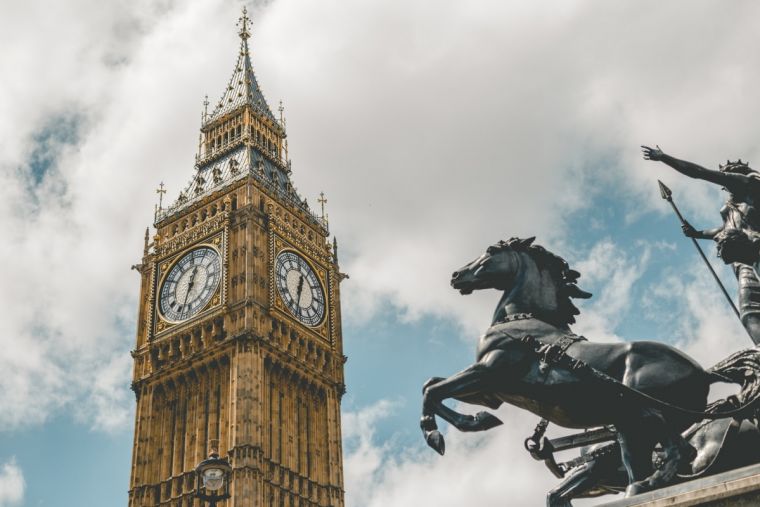More honesty would go a long way to restoring trust in our leaders

Like most people, I was fascinated by the frenzied discussions surrounding Dominic's 'Cummings and goings' and I have come to the conclusion that the whole sorry saga has highlighted the vital importance of trust in civic life.
I will continue to respect those who govern us both locally and nationally, even when I disagree with them and question their assertions - the Bible tells me to do that. And I will do my best to obey the law and not bend the rules for the very same reason. The only time I will refuse to do this is when it means disobeying God. He clearly wants me to 'submit to the governing authorities' and has said that to rebel against them is to run the danger of rebelling against Him!
And I will pray for them too, particularly at this critical time in our nation's history. I do not envy our political leaders in the slightest; they make judgment calls that can have the most harrowing consequences as the current death toll continues to show.
But, and it is a huge 'but', I feel I have to underscore the importance of trust because it seems to be sadly lacking in our political life at the moment. Trust cannot be commanded; it can only be won, which is why verbal gymnastics and a refusal to talk straight are of no help at all. It's not a new temptation of course. I was reading recently that back in the early 1950s, Whitehall officials deliberately decided to talk about the 'Malayan Emergency' rather than the 'war' in Malaya for insurance purposes. Chris Ryan, in The History of the SAS, writes: "The underwriters in London who covered the country's tin and rubber manufacturers would not have been liable for any losses that occurred as a result of war."
Ryan's observation reminded me of Sir Walter Scott's well-known axiom, "Oh what a tangled web we weave, when first we practice to deceive." Sadly, deception is a long-established practice, but that does nothing to commend it because it does infinitely more than weave a tangled web. Deception is highly corrosive, and its greatest casualty is trust. We'd be far better off as a country if we took Jesus seriously when he says, "Jut just let your words ring true. A simple 'Yes' or 'No' will suffice."
Why do we feel it so difficult to admit it when we know we have got things wrong? We all make mistakes, not least when we are faced with unprecedented challenges that stretch our abilities to the limit. Why are we so reluctant to go on the record and confess that we are struggling with the enormity and complexities of the problems we are trying to solve? We seem slow to recognise that admitting weaknesses can actually prove to be a strength in the long term. People can be very forgiving and extremely supportive when they see that we are willing to confess that the challenges we face are taxing us to the limit. Open and honest behaviour can only help foster a culture of trust.
The late John Stott said something extremely helpful here when reflecting on those challenging words of Jesus. "Christians should say what they mean and mean what they say," he wrote. "Our unadorned word should be enough, 'yes' or 'no'. And when a monosyllable will do why waste our breath by adding to it?"
It would seem to me that this is a particularly relevant challenge for the church today given the fact that Jesus expects us to influence our community's values and behaviour. This is the clear implication of what it means to be the salt of the earth and the light of the world. Christians are supposed to be challenging people to see that it really does make sense to live His way.
All of which prompts the question: how influential is the UK church at the moment and do we need to do anything more to fulfil our God given calling. For as John Stott also wrote, "And when society does go bad, we Christians tend to throw up our hands in pious horror and reproach the non-Christian world; but should we not rather reproach ourselves? One can hardly blame unsalted meat for going bad. It cannot do anything else. The real question to ask is: where is the salt?"
Rob James is a Baptist minister, writer and church and media consultant to the Evangelical Alliance Wales. He is the author of Little Thoughts About a Big God.











